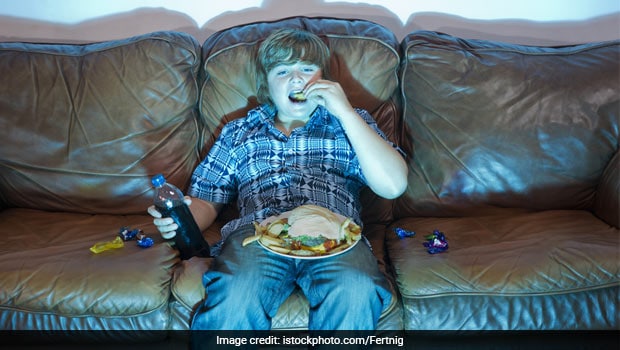Lifestyle diseases are on a rise these days due to sedentary lifestyle and poor eating habits. Obesity and overweight are serious afflictions that negatively impact overall health and there are many reasons that factor in to develop this problem. It could simply be genetics or hormonal issues. These factors are taken into account while treating obesity, but there's another contributing factor that is usually missed or overlooked. A new scientific study claims that an individual's personality and psychological features can also play a noteworthy role in weight gain. The findings of the study that were published in the journal Heliyon, state that abnormal eating patterns in overweight and obese adults can stem from early life experiences that are associated with patients' personality traits.
Lead investigator Barbara Basile, PhD, Association of Cognitive Psychology (APC), School of Cognitive Psychotherapy (SPC), Rome, Italy rematked, "Obesity and overweight represent a growing burden in western countries and while their biological and environmental factors are clearer and well known, little attention has been given to their psychological determinants, specifically considering deeper aspects of personality, rooted in early life experiences, that might predispose towards the chronicity of obesity.”
There is very little study on obese maladaptive schemas, which develop from early life experiences. A thorough assessment of emotional and psychological functioning of overweight people might be helpful to address the issue.
(Also Read: Eating Rice Could Be Protective Against Obesity, Says Latest)

Childhood obesity is increasing at alarming rate
The researchers used ST approach of Early Maladaptive Schemas, Schema Modes and dysfunctional coping strategies, which develop early on in life. They roped in 75 normal-weight, overweight, and obese people for the study. The team discovered that that as compared to normal-weight people, obese participants exhibited insufficient self-control, abandonment, dependence – signs of being an impulsive, detached and vulnerable child.
“Our findings illustrate that overweight and obese display more dysfunctional early maladaptive schemas and schema-modes, compared against normal-weight individuals, exhibiting more emotion-avoidant strategies such as over-eating and bingeing, which might stand for a detached self-soother coping mode. The insufficient self-control schema develops from a lack in self-discipline and an inability to tolerate frustration and might be embodied by the impulsive child mode,” Barbara Basile added.
(Also Read: Obesity Diet: What To Eat And Avoid To Manage Obesity)
The study stresses the need of better understanding of dysfunctional personality traits that might interfere with the treatment of obesity and prevent from reaching long-term efficacy.






